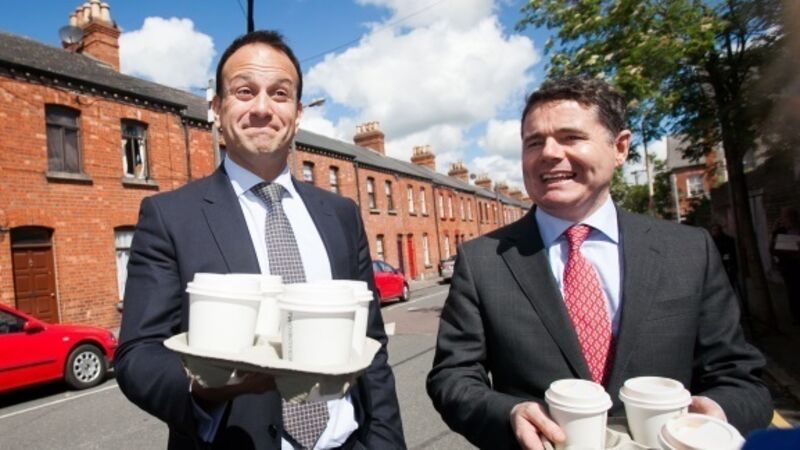Free childcare extension among budget measures

Increases in welfare-related payments, modest tax cuts for workers and home-building measures will also be announced.
The Government is set to unveil some €900m in extra spending for services and tax cuts next year.













